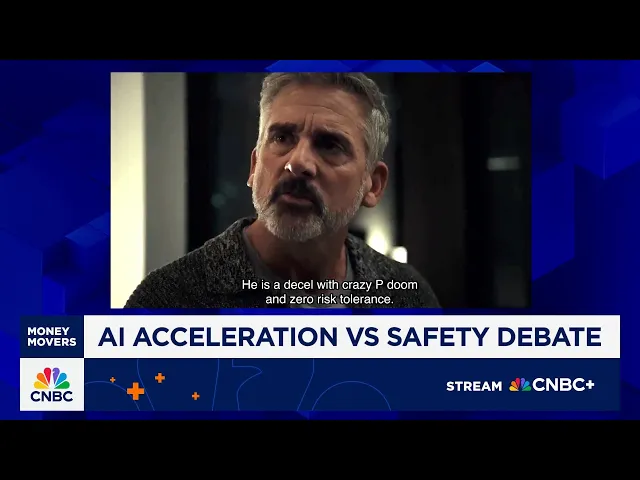GOP bill poised to ban state AI regulation for 10 years

Federal AI bill blocks state regulation
In a political landscape increasingly divided over tech regulation, a new Republican-led bill threatens to upend how artificial intelligence is governed across America. The Innovating American Leadership Act, proposed by GOP lawmakers, aims to establish federal jurisdiction over AI regulation for the next decade while explicitly prohibiting states from implementing their own rules. This unprecedented preemption approach has sparked intense debate among industry stakeholders, consumer advocates, and legal experts about the appropriate balance between innovation and protection.
Key Points
- The Republican bill would create a 10-year federal preemption period blocking states from regulating AI, potentially invalidating existing state laws like those in Colorado and California
- The legislation establishes a risk-based framework targeting "high-risk" AI systems while allowing "general purpose" AI to operate with minimal oversight
- The approach starkly contrasts with the Biden administration's Executive Order on AI, which emphasized federal guardrails while preserving state regulatory authority
The Preemption Problem
The most controversial aspect of this legislation is undoubtedly its sweeping preemption clause. This provision would effectively create a regulatory vacuum in states that have already begun addressing AI risks through targeted legislation. California's recently passed consumer protection laws and Colorado's AI regulations would potentially be nullified, leaving citizens in these states with fewer protections than they currently enjoy.
"This is part of a broader pattern we're seeing with emerging technologies," explains Justin Hendrix, tech policy researcher at NYU. "The playbook is becoming familiar: industry lobbies for federal legislation that appears reasonable on its surface but contains preemption clauses that invalidate more protective state measures."
What makes this approach particularly troubling is that it contradicts traditional Republican support for states' rights. The party that has historically championed local governance is now advocating for federal supremacy in tech regulation—a position that appears driven more by industry preferences than consistent political philosophy.
The Innovation Argument Examined
Proponents of the bill argue that a patchwork of state regulations would stifle innovation and create compliance nightmares for AI developers. There's some merit to this concern—navigating 50 different regulatory regimes would indeed pose challenges for companies building AI systems meant to operate nationally or globally.
However, this argument overlooks the critical innovation that often emerges from state-level experimentation. States
Recent Videos
How To Earn MONEY With Images (No Bullsh*t)
Smart earnings from your image collection In today's digital economy, passive income streams have become increasingly accessible to creators with various skill sets. A recent YouTube video cuts through the hype to explore legitimate ways photographers, designers, and even casual smartphone users can monetize their image collections. The strategies outlined don't rely on unrealistic promises or complicated schemes—instead, they focus on established marketplaces with proven revenue potential for image creators. Key Points Stock photography platforms like Shutterstock, Adobe Stock, and Getty Images remain viable income sources when you understand their specific requirements and optimize your submissions accordingly. Specialized marketplaces focusing...
Oct 3, 2025New SHAPE SHIFTING AI Robot Is Freaking People Out
Liquid robots will change everything In the quiet labs of Carnegie Mellon University, scientists have created something that feels plucked from science fiction—a magnetic slime robot that can transform between liquid and solid states, slipping through tight spaces before reassembling on the other side. This technology, showcased in a recent YouTube video, represents a significant leap beyond traditional robotics into a realm where machines mimic not just animal movements, but their fundamental physical properties. While the internet might be buzzing with dystopian concerns about "shape-shifting terminators," the reality offers far more promising applications that could revolutionize medicine, rescue operations, and...
Oct 3, 2025How To Do Homeless AI Tiktok Trend (Tiktok Homeless AI Tutorial)
AI homeless trend raises ethical concerns In an era where social media trends evolve faster than we can comprehend them, TikTok's "homeless AI" trend has sparked both creative engagement and serious ethical questions. The trend, which involves using AI to transform ordinary photos into images depicting homelessness, has rapidly gained traction across the platform, with creators eagerly jumping on board to showcase their digital transformations. While the technical process is relatively straightforward, the implications of digitally "becoming homeless" for entertainment deserve careful consideration. The video tutorial provides a step-by-step guide on creating these AI-generated images, explaining how users can transform...
